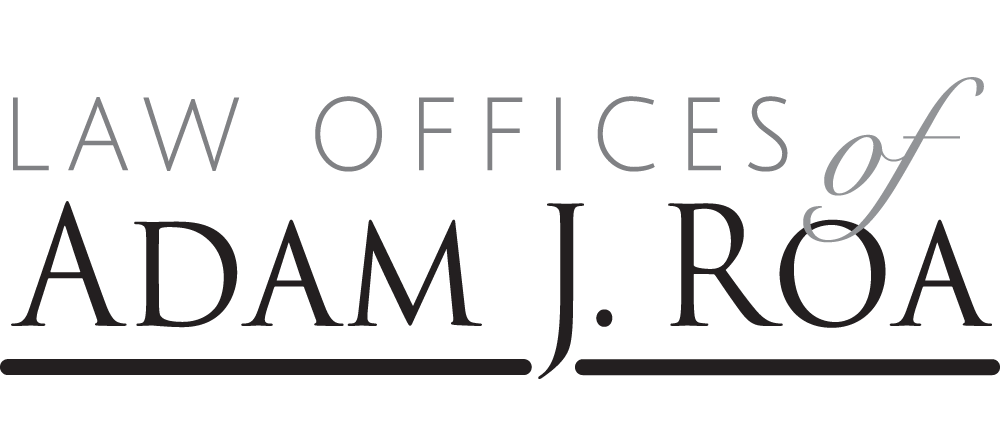Possible Medicaid Changes
Medicaid Cost Cutting One of the various changes proposed by candidate Trump was the idea of shifting Medicaid responsibility from the Federal Government to the States. The rational proposed by Trump was that such a move would “maximize flexibility to states via block grants so that local leaders can design innovative Medicaid programs that will…
